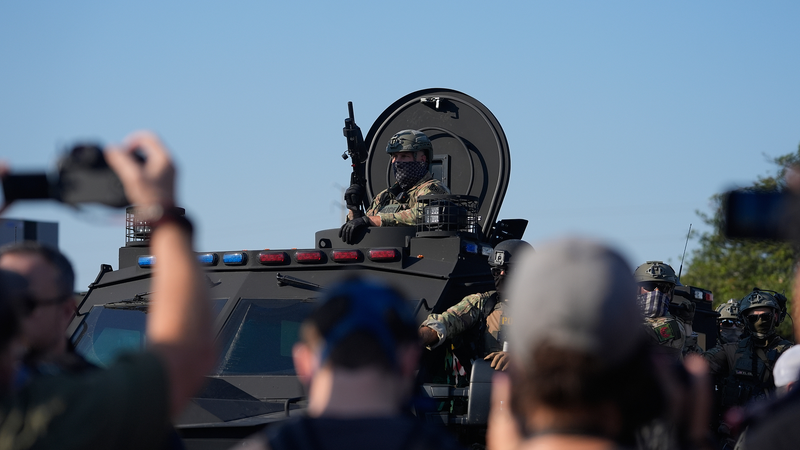Over the weekend, tensions spiked in two U.S. cities as federal authority clashed with local jurisdictions. In Chicago, a U.S. federal agent shot a motorist on Saturday morning after a confrontation that left agents "boxed in by 10 cars," according to the Department of Homeland Security. Officials said one driver, armed with a semi-automatic weapon, rammed a federal vehicle, prompting agents to fire defensive shots. The driver then sought hospital care for wounds, while Chicago police noted they are not involved in the investigation.
Meanwhile in Portland, U.S. District Judge Karin Immergut blocked President Donald Trump’s plan to deploy additional federal troops to the city, calling the president’s security emergency declaration "untethered to the facts." The ruling highlighted sporadic violence against federal property but found no organized attempt to overthrow the government, emphasizing that "regular law enforcement forces" could manage protests.
Oregon Senator Ron Wyden praised the decision as a win for residents who oppose the use of federal forces in local demonstrations. In Illinois, Governor JB Pritzker criticized the administration’s demand to activate his state’s National Guard troops, calling the order "outrageous and un-American" on social platform X.
These incidents mark the latest in a broader pattern of aggressive federal intervention in major cities, following militarized raids and protests in places like Los Angeles and Washington. As debates over civil rights, police powers, and national security intensify, global audiences are watching how federal and local powers will shape public safety and protest rights.
As federal and local authorities clash, questions linger about the future of protest rights and public safety in U.S. cities. Will these flashpoints reshape how America balances security and civil liberties?
Reference(s):
U.S. agent shoots Chicago motorist as judge blocks Portland troops
cgtn.com



